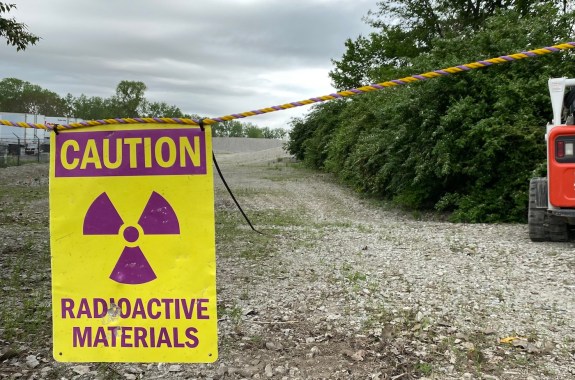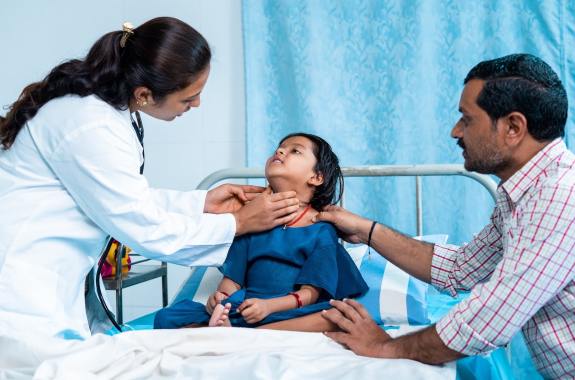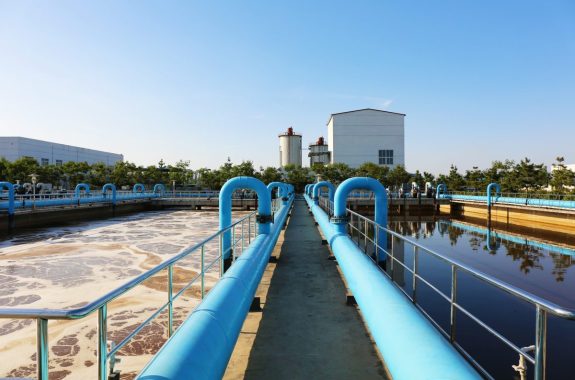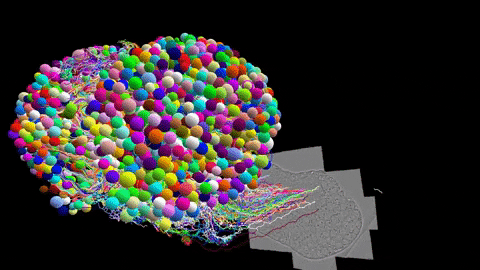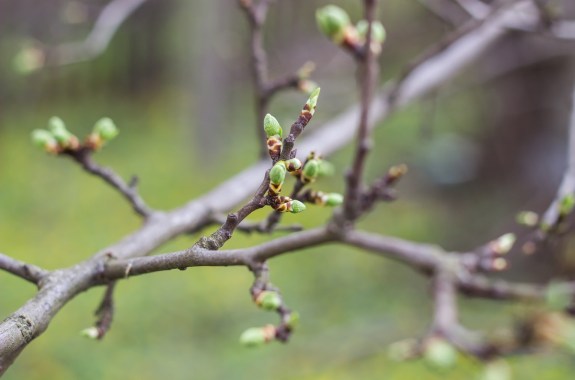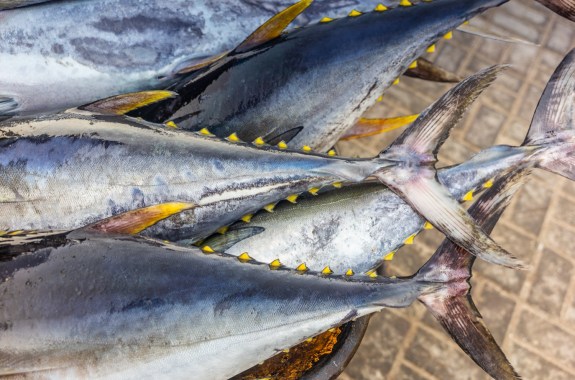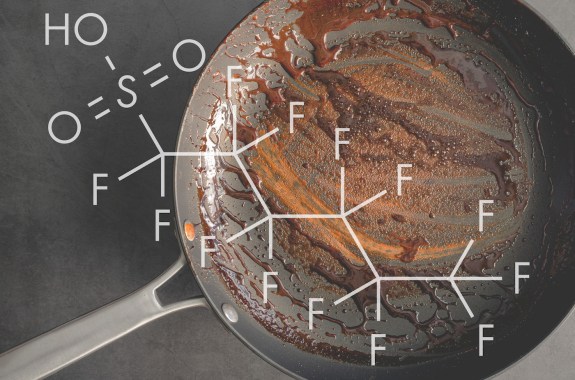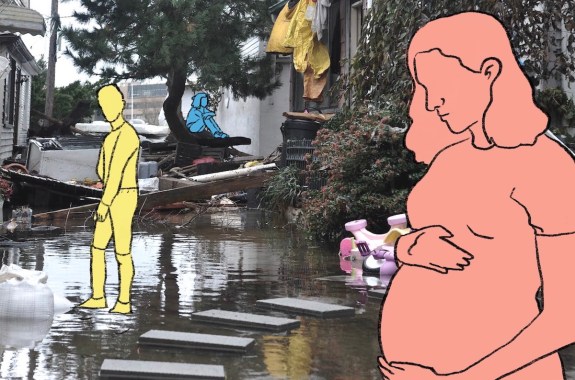Shahla Farzan is a science journalist, PhD ecologist, and editor with American Public Media, where she helps produce science podcasts for kids. She loves showcasing the many weird and wonderful aspects of science — and encouraging young, curious thinkers to question and explore the world around them.
17:18
How Aging Water Systems Are Pushing Sewage Into U.S. Homes
Outdated and poorly maintained sewage and stormwater systems have led to chronic sewage backups in communities across the country.
16:35
What Worsening Floods Mean For Superfund Sites
Superfund sites contain extreme pollution. Flooding—made worse by climate change—could carry their toxic contaminants into surrounding areas.
11:11
What’s Driving A Rise In Mumps Cases In The United States?
Researchers now think that a third of people lose their vaccine-derived immunity to mumps by age 18.
12:08
Sewage Is A Biological Necessity, And A Methane Minefield
Wastewater treatment facilities may release a surprising amount greenhouse gas.
7:52
The First Fully Mapped Animal Brain Is The Larva Of A Fruit Fly
A 12-year effort to map the entire brain of a fruit fly larva is finally complete—a meaningful step in understanding things like addiction and consciousness.
17:01
Is Spring Falling Out Of Sync?
The delicate timing between plants, wildlife, and seasons can be thrown off balance by warming temperatures.
9:12
In Hawai’i, Conservation Has Also Provided Fishermen Economic Benefits
Research at a sacred cultural site—and the world’s largest no-fishing zone—suggests it’s also providing benefits outside its borders.
11:41
The Science Behind Why You Should Ask For Help
It’s easy to worry about inconveniencing others, but research shows people are often quite willing to help others.
7:43
A Possible Achilles Heel For Troublesome PFAS Chemicals
New research points to a promising way to break down PFAS, the “forever chemicals” that make up nonstick pans and waterproof coatings.
17:26
Climate Change’s Toll On Our Social Fabric
Research points to more conflict when our climate changes. Plus, the intergenerational effect of a climate-driven disaster.

